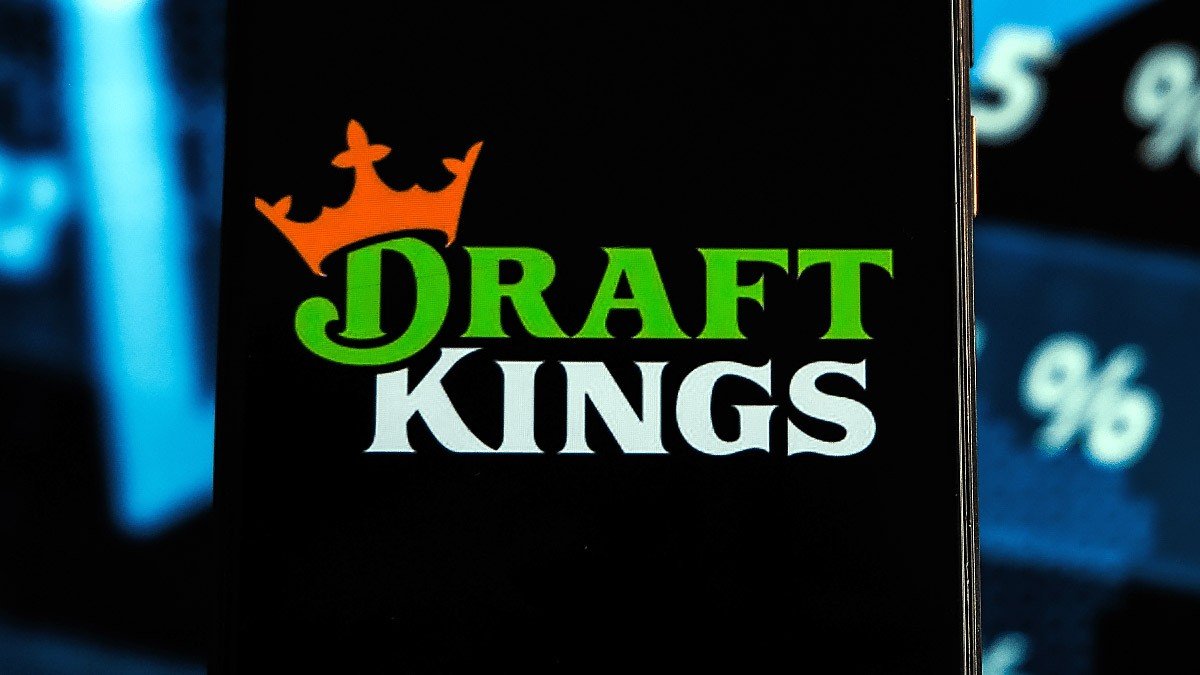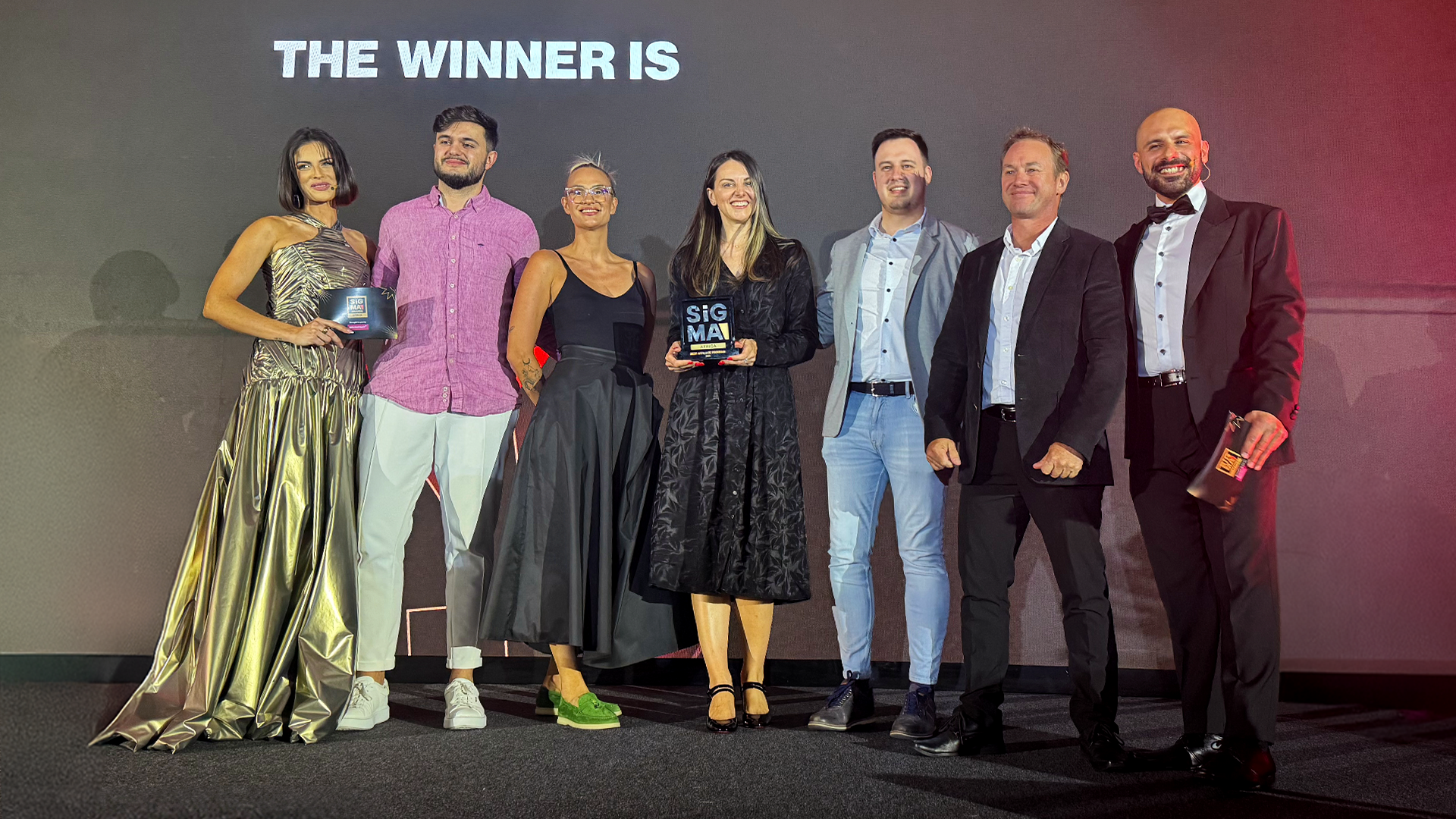"There could be an increase of M&A activity in digital gaming"

David Isaacson is Vice President at Spectrum Gaming Capital, a renowned US-based financial advisory company focused on the global gaming and resort industries, including sports betting and esports.
In speaking to operators over the last few weeks, he learned that although revenue is down, at the reopened casinos there is a degree of pent-up demand, and profitability is significantly higher than it was at the same time a year ago, with 30% margins climbing up to 60%. He explains Yogonet in a video interview that people just want to leave their homes after the lockdown and just want to start playing, so there is no need to give free food and beverage offering to attract patrons, boosting the casino floor business, which leaves the highest margin for operators. He doesn’t know if this could lead to a change in business model, but he believes this is “one-time blip on the radar” that is in favor of the casinos.
Furthermore, Isaacson says regional gaming is in a much better position than destination gaming, such as Las Vegas, strongly reliant on flying customers, which is not happening right now. “So in a place like Las Vegas it's going to be a much longer impact, I think overall business volumes won’t recover for a couple of years just because of the reliance on air travel.”
Watch the full video interview with David Isaacson:
Following the closed merger between Eldorado and Caesars, where he sees a massive amount of profitability that will be unlocked as an outcome for the deal, he doesn’t think the pandemic is going to spur even more merger and acquisition (M&A) activity at least on the land-based side than what has been seen already. “I would expect that it would continue, but there is not a lot left to buy in terms of multi-asset porftolio. As a result of the pandemic, you may see single-asset casinos being sold into the mid-market gaming companies.” He mentions Century Casinos, Golden Nugget, other portfolio companies that have four or five assets that may want to get bigger. But in terms of the large gaming companies, he says “it's going to be much harder for them to find acquisitions that move the needle.”
However, Isaacson says there could be an increase of M&A activity in digital gaming, either it's a sports betting company that wants to get into igaming, or an igaming firm that wants to consolidate sports betting and poker, and really grow digitally. He notes DraftKings acquisition of SBTech, bringing B2B and B2C sports betting under one roof, and Evolution Gaming acquisition of NetEnt, as anticipation of significant momentum for digital expansion in the US. “The pandemic is just another factor that will increase this momentum,” the expert says.
When asked about the esports boom, he says the problem with that vertical is on the profitability side: “It's really difficult to find companies that are making money in esports.” He underlines the case of Esports Entertainment Group, which went public and its first acquisition was Argyll Entertainment, a revenue-generating business in igaming and sports betting. “This buys them time with the investment community, it builds their story, but ultimately they need to prove out how they can make money in esports.”
Despite the uncertainty around sustainable types of business models that work, Isaacson says casinos are looking at the esports industry. He finds them the perfect place to host esports events, though people they would be bringing in are young people that don't necessarily spend money at the casino or premium restaurants. "The question is, can casinos make money and how? And that remains to be seen. I do see a bridge between esports and casinos, and obviously the betting element is probably number one. It remains to be seen how well casinos can do if they get involved with esports, and I'm sure some of them will try, so we will find out,” he concludes.
Watch the full video interview with David Isaacson















































